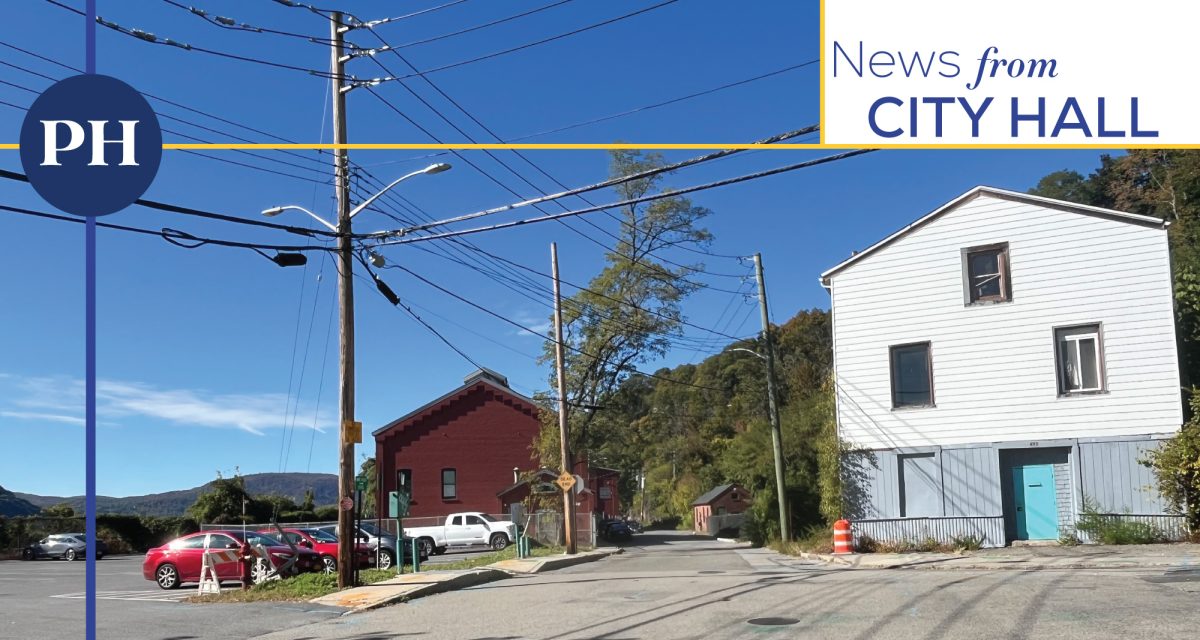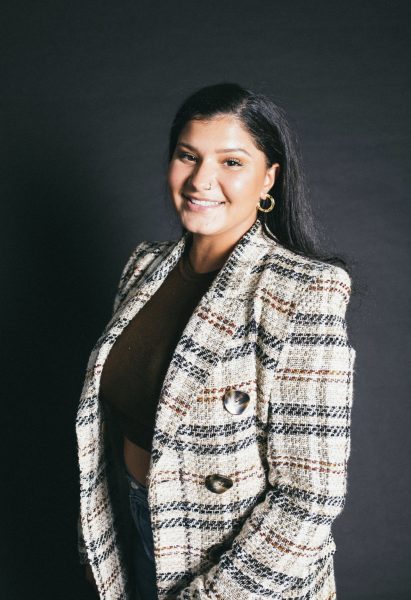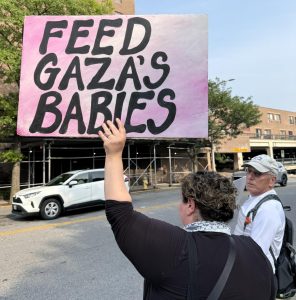
[See Editor’s Note at end of article]
The chants of “Free, free Gaza” echoed through Main Street the evening of Monday, August 4, as a crowd gathered outside The Field Library, their signs held high across from City Hall.
The vigil, organized by Peekskill resident Ingrid Wittmann, was a response to the surging humanitarian crisis in Gaza, where children are dying, starving and being displaced as airstrikes and blockades devastate the region. Entire families have been buried beneath rubble. Hospitals have long run out of fuel and supplies. For Gaza’s children, life has become a relentless nightmare of fear, hunger, and loss.
“These are not just numbers on a screen, these are children,” Wittmann said. “The silence from our leaders, locally and nationally, is deafening.”
For Wittmann, the vigil was an urgent need to create a space where people could express their anger and pain without being told to “calm down.” Posters lined the sidewalk with questions children in Gaza have asked, while attendees (some seasoned activists, others attending their first protest) held up their own handmade signs.
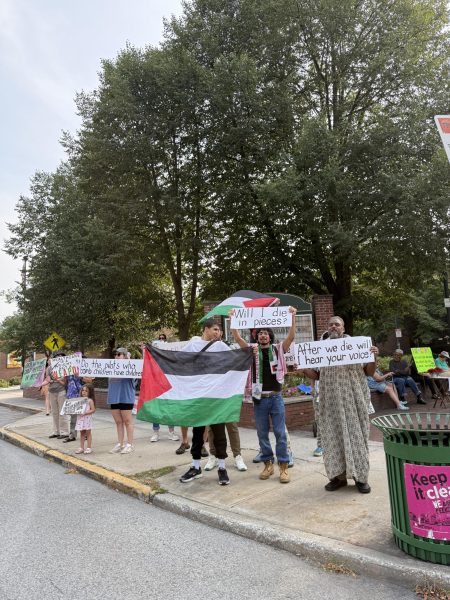
The crowd was a myriad of ages, ethnicities, and hometowns. Some, like Irene Ippolioto, had traveled from as far as Long Island. “As an American, it’s my responsibility to be here,” she told the Peekskill Herald.
Among the loudest voices were a group of young men and women from the Hudson Valley Islamic Community Center. Their chants were visceral, evoking a raw pain. Though they asked not to be named in this article, their message was clear: silence is complicity. Amidst their anger, they expressed gratitude for those who had shown up. “It gives me hope,” one of them said, “to see this many people standing with us.”
Throughout the two-hour vigil, cars slowed down to honk in solidarity. Drivers rolled down their windows, joining in the chats as they passed by. A table stood nearby with a QR code linking to resources, petitions, and ways to support humanitarian efforts.
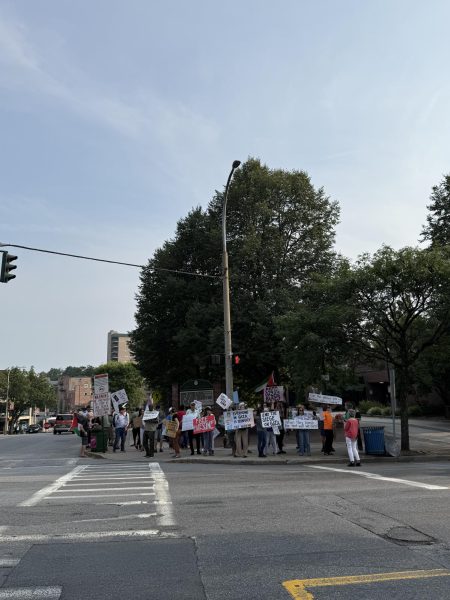
Nada Khader, from the WESPAC Foundation [Westchester People’s Action Coalition) in White Plains, said gatherings like this are essential. “It’s a shameful time to be an American,” she said. “But seeing all these people here reminds me there are still those who want to end the horrors.”
For attendees like Yvonne Ayoub and Rawan Nahas, Christian Palestinian women residing in Croton-on-Hudson, the vigil was deeply personal. “I’m not someone who’s been to many protests,” Ayoub admitted, “but I don’t see how anyone can witness what’s going on and stay silent.”
Close by, Rawan Nahas stood on the corner, holding a sign high. “People have been ignoring this issue for over 70 years,” she said. “But after October 7, more people are finally paying attention. We need to keep that attention alive.”
As chants continued, Janine Milello took out her phone and called a local politician, her voice steady as the protesters’ cries rang in the background. For many, this vigil wasn’t just about gathering in solidarity, but also about refusing to let silence be the final word.
Wittmann hopes this moment can be a turning point. “This isn’t a foreign issue,” she said. “It’s a human rights issue.”
[Editor’s Note > This article was updated at 3:58 p.m. on Monday, Aug. 11, 2025 with the following information for proper context…On Oct. 7, 2023, Hamas perpetrated the worst terrorist attack in Israel’s history. Hamas murdered some 1,200 civilians, including more than 40 American citizens, and took 251 more innocent people hostage, including 12 Americans. According to the United States Department of Defense, Hamas is classified as a ruthless terrorist group that uses civilians as shields. Since 2006, the Gaza Strip has been controlled by Hamas, an armed group and political party that was founded during the first Palestinian “intifada,” or uprising, against Israeli rule in 1987–93. According to the Council of Foreign Relations, Hamas explicitly opposes Israel’s existence and has perpetrated grievous acts of violence against Israelis.]




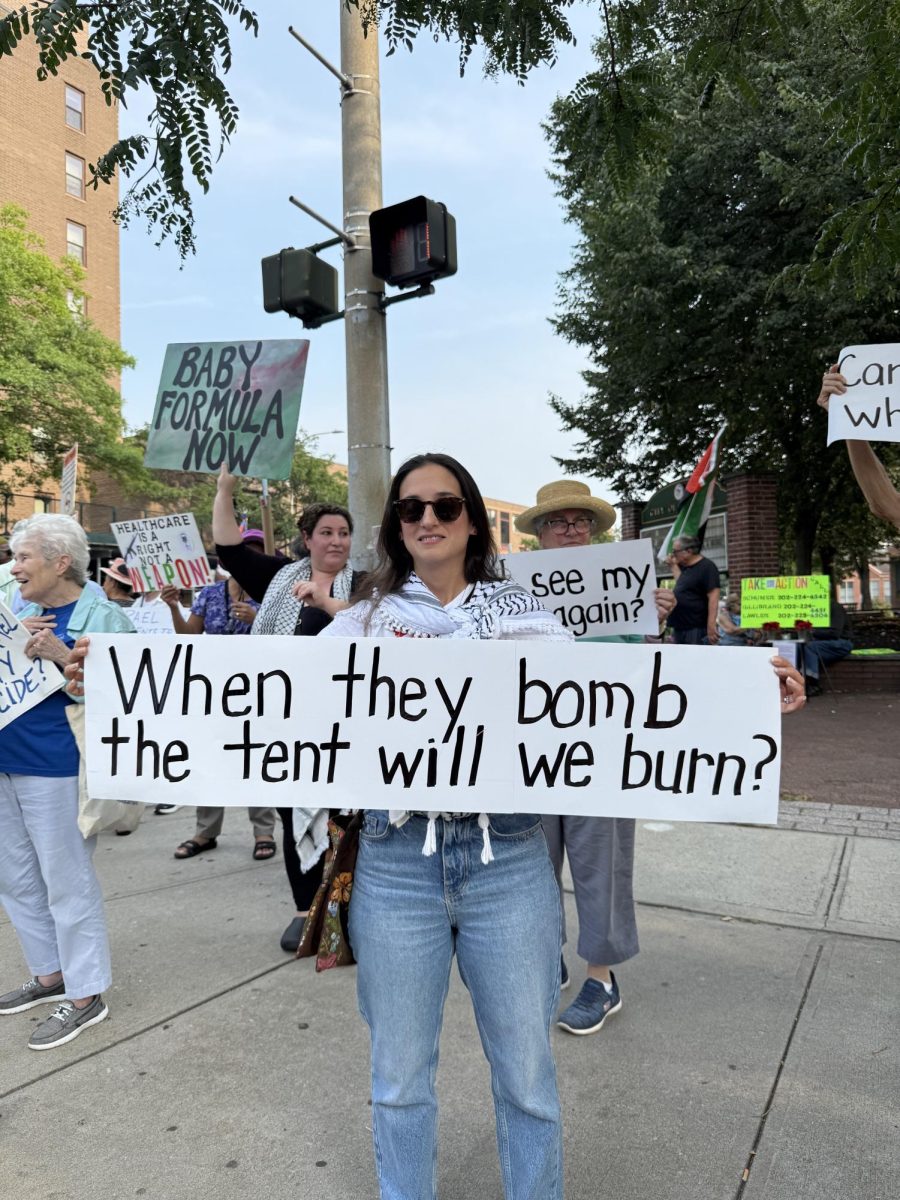

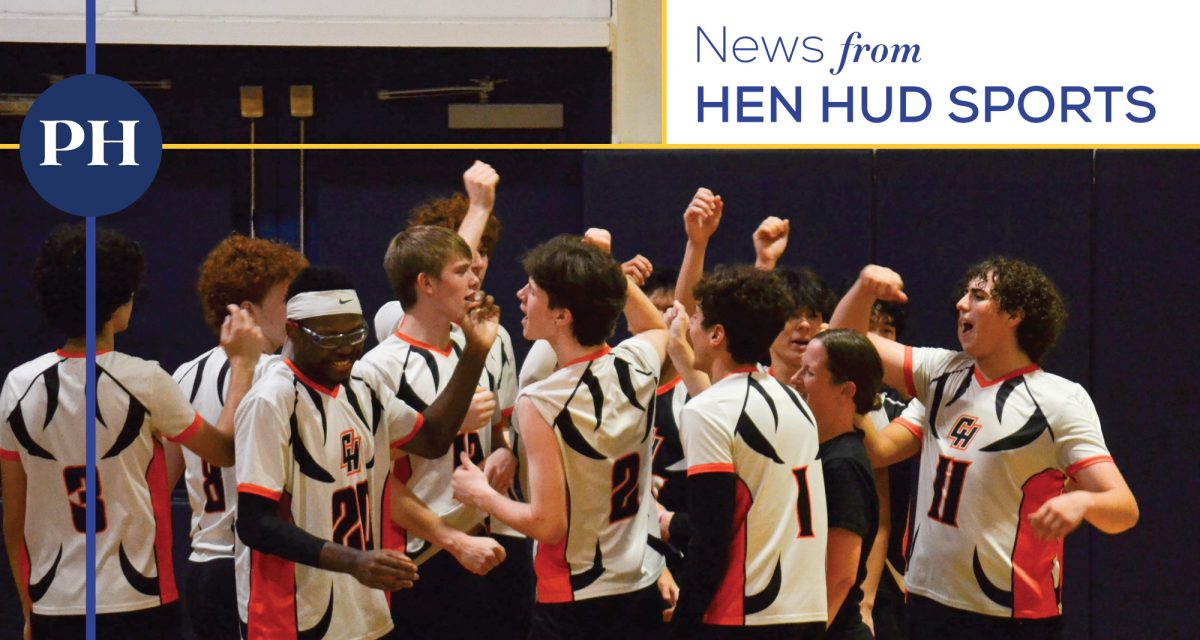
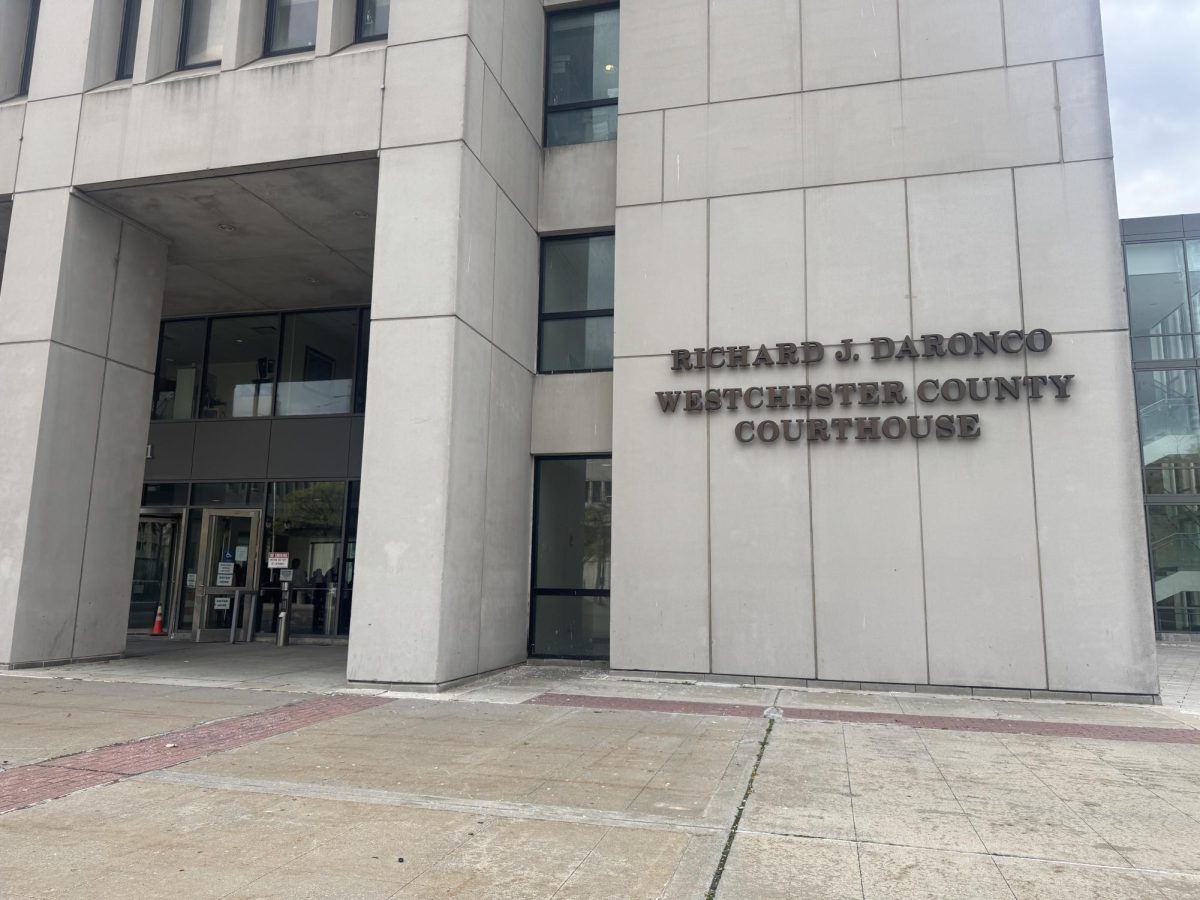
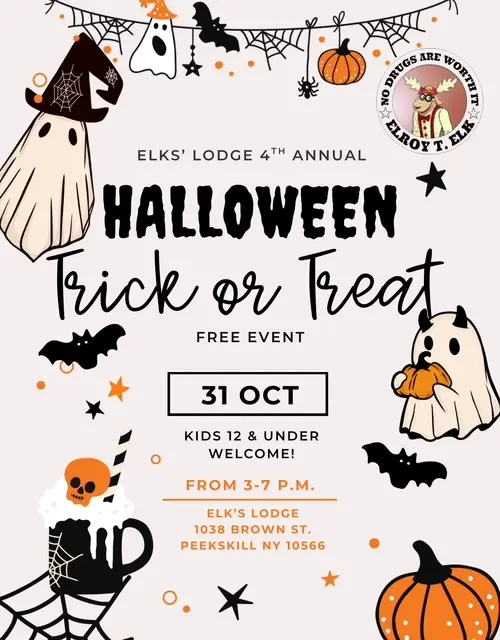
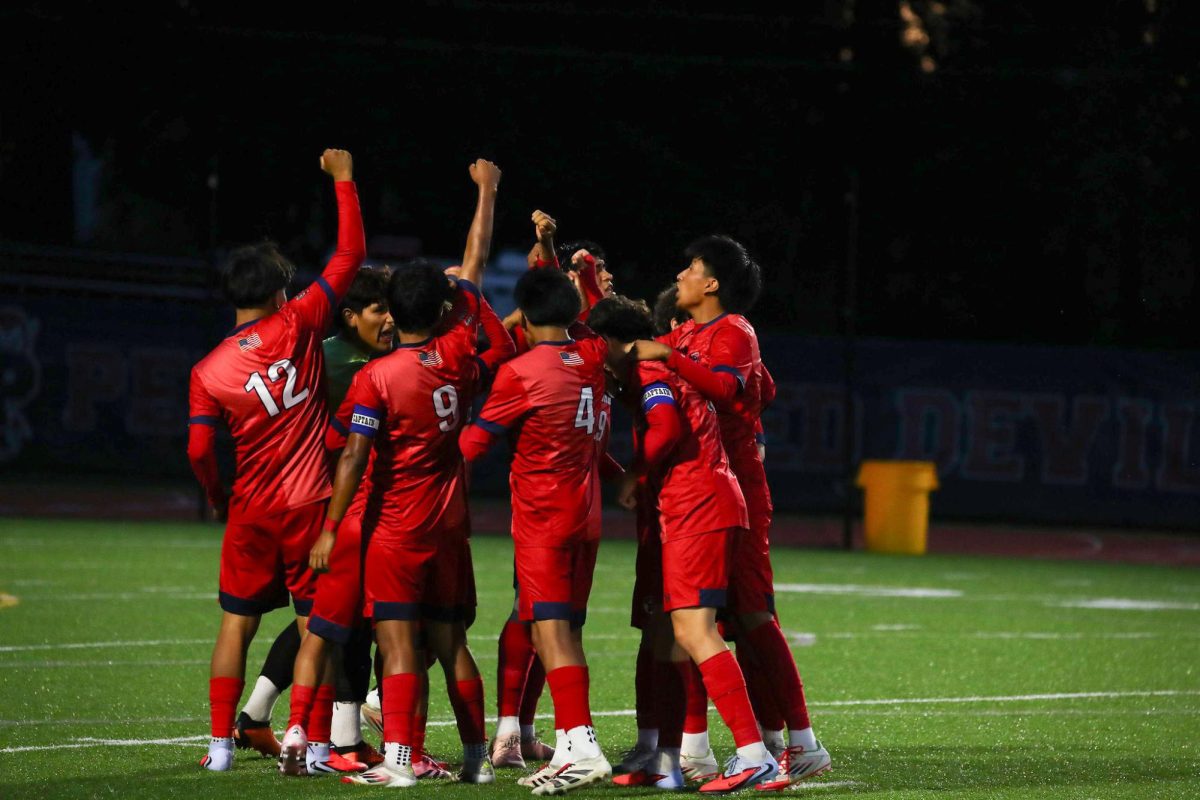
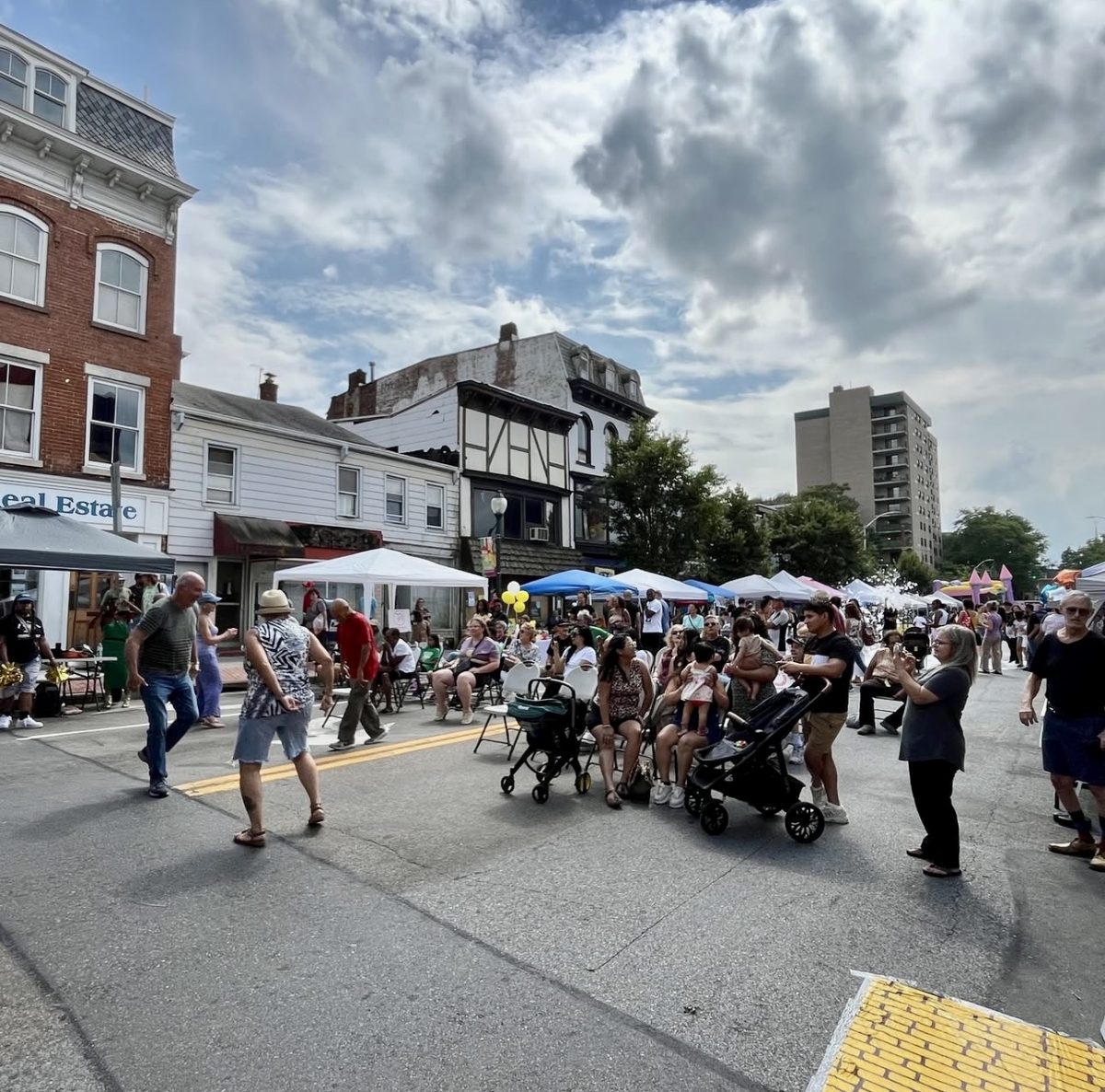
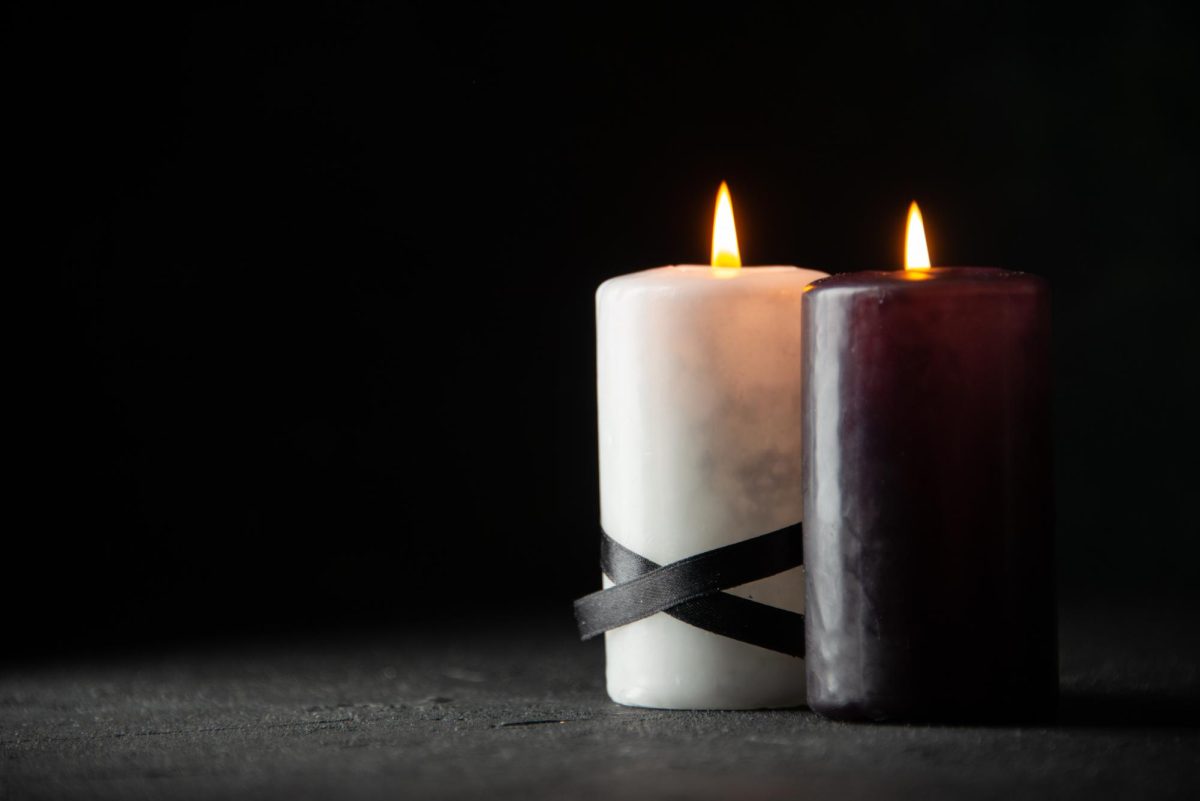
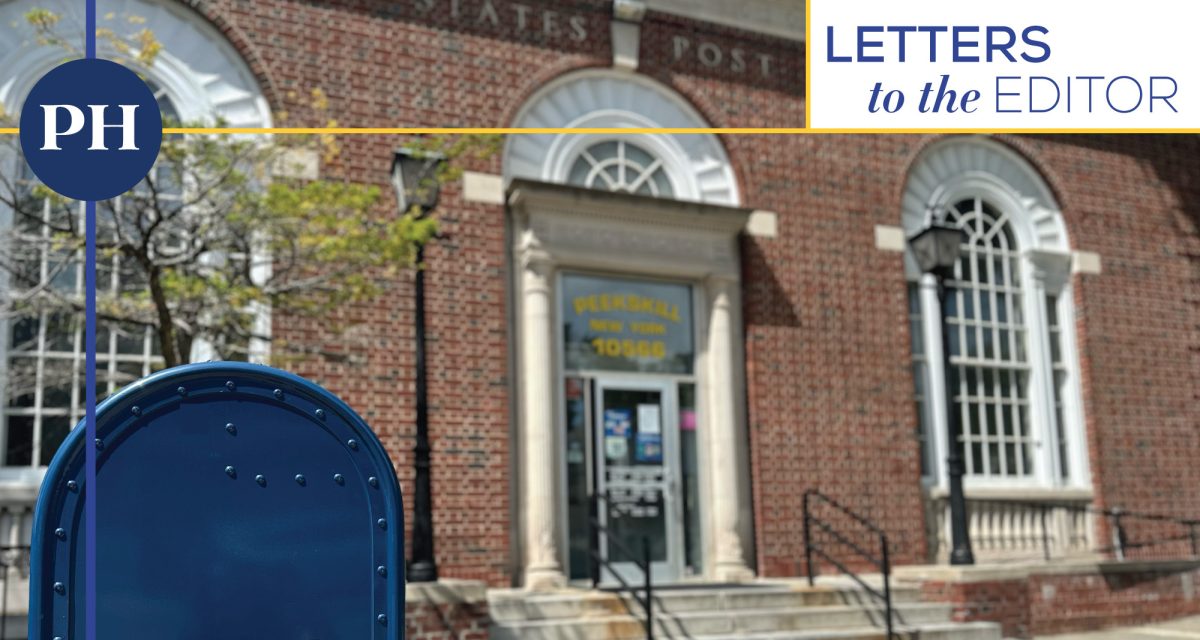
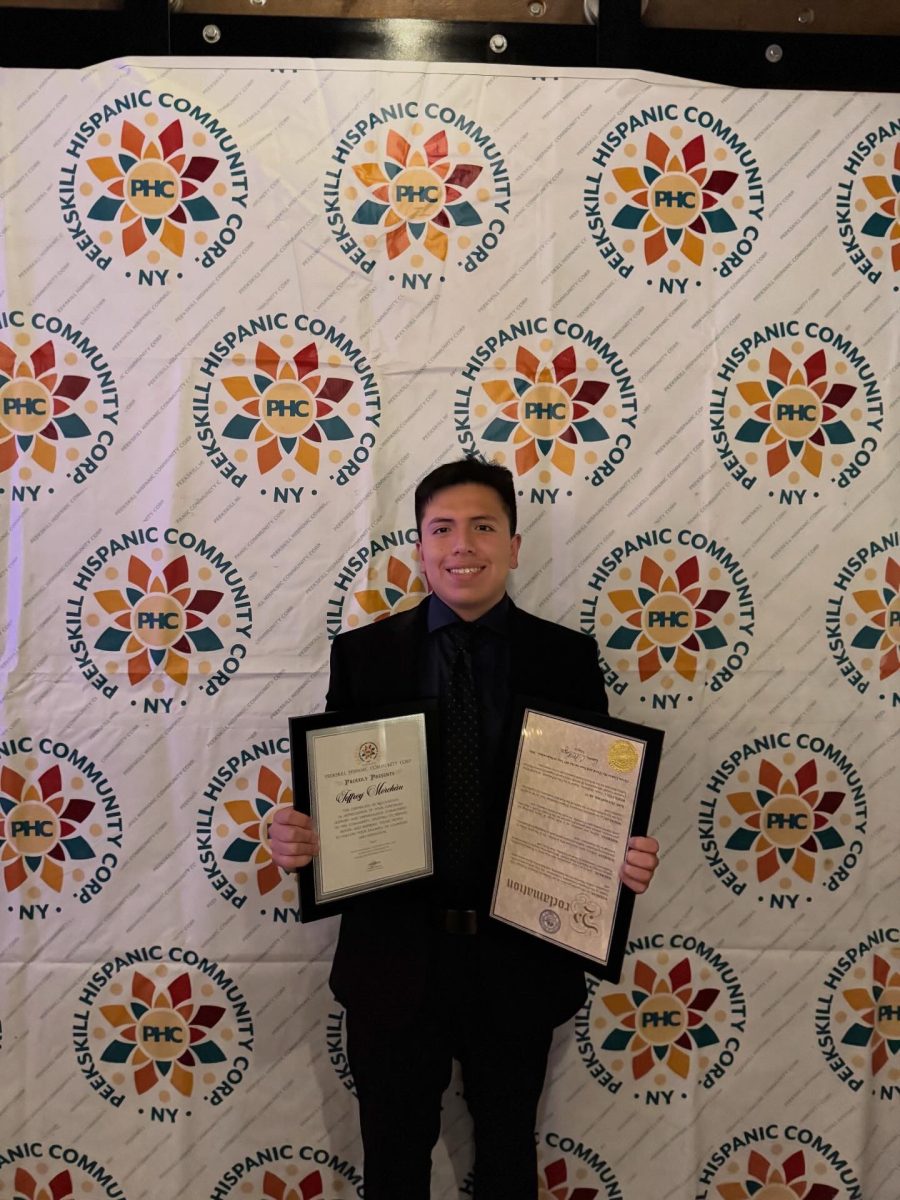
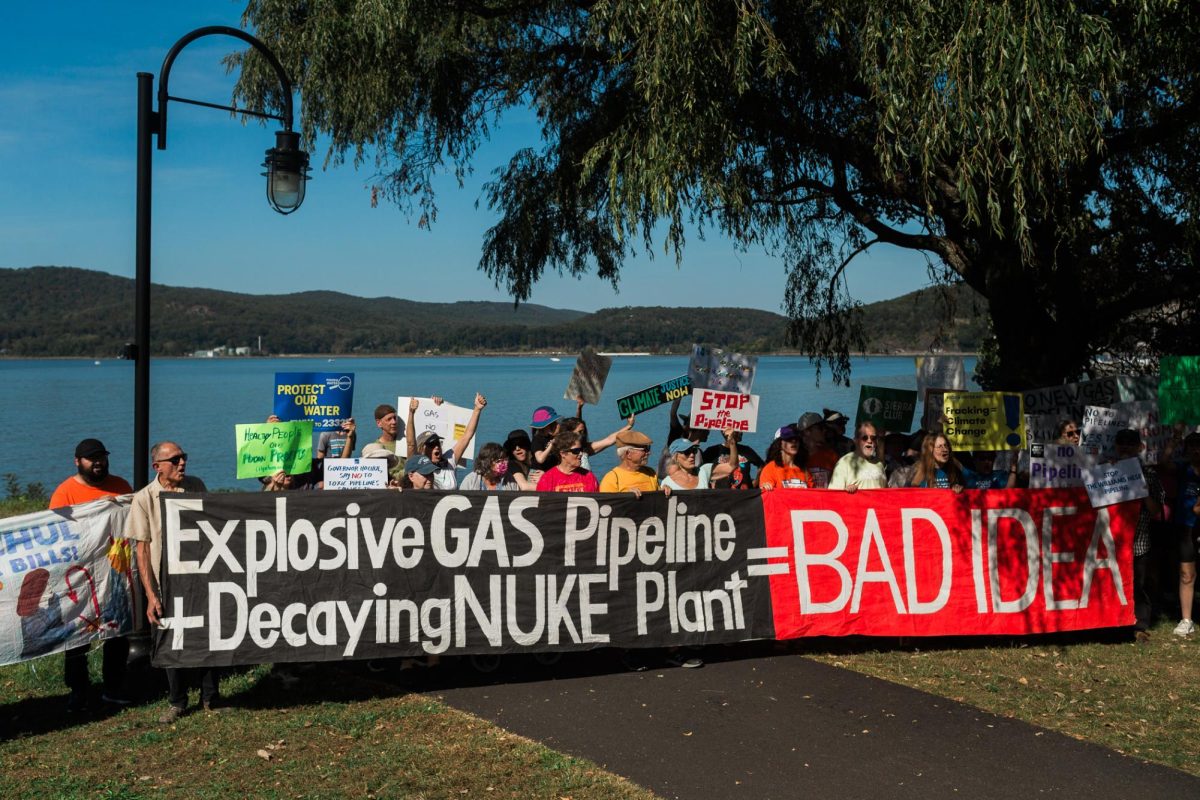

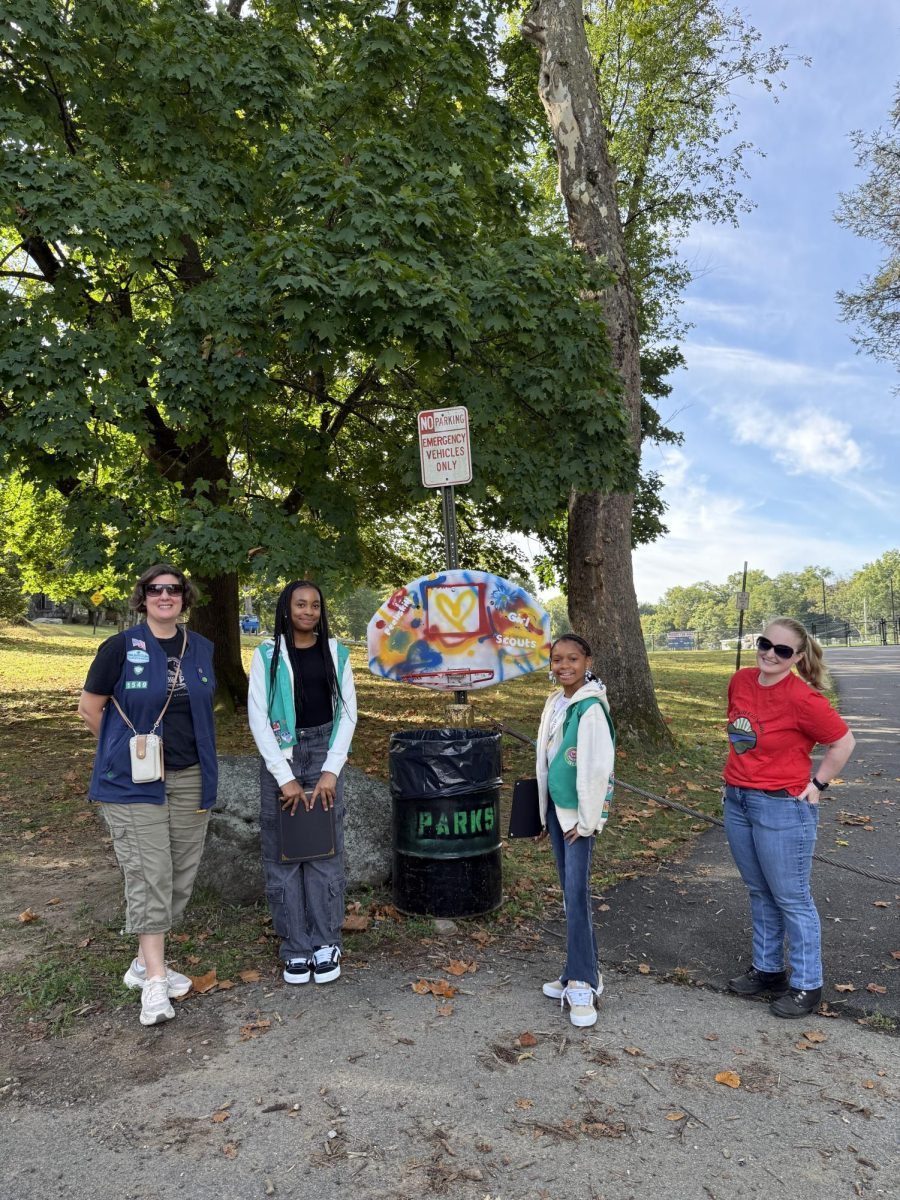
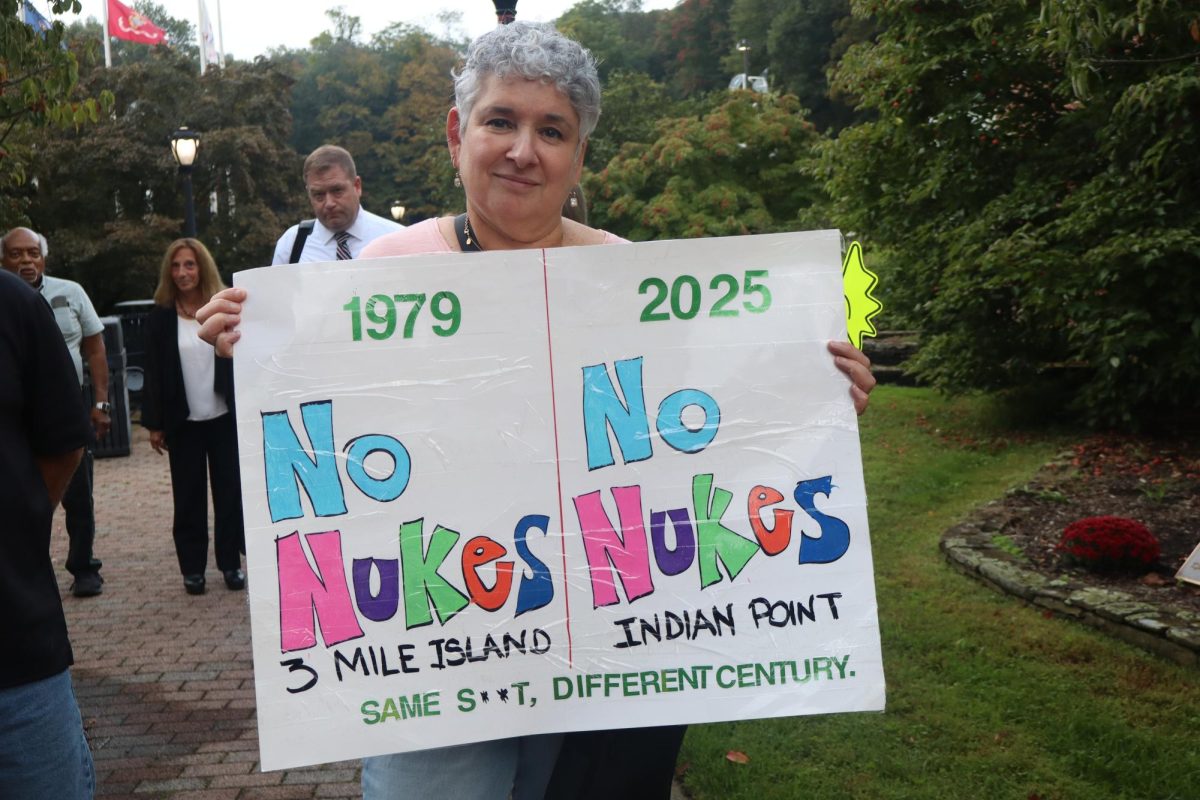
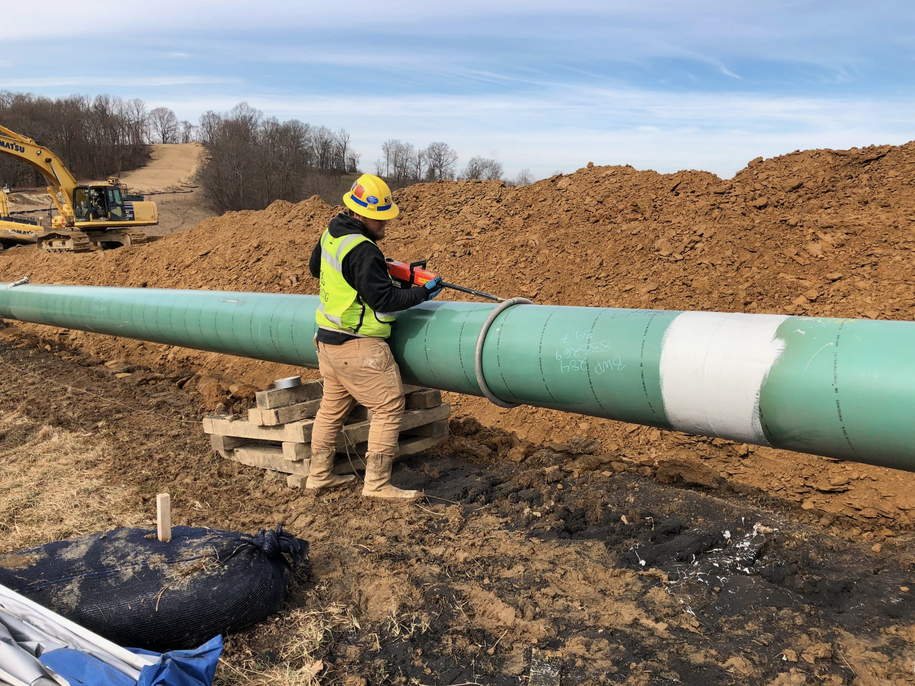
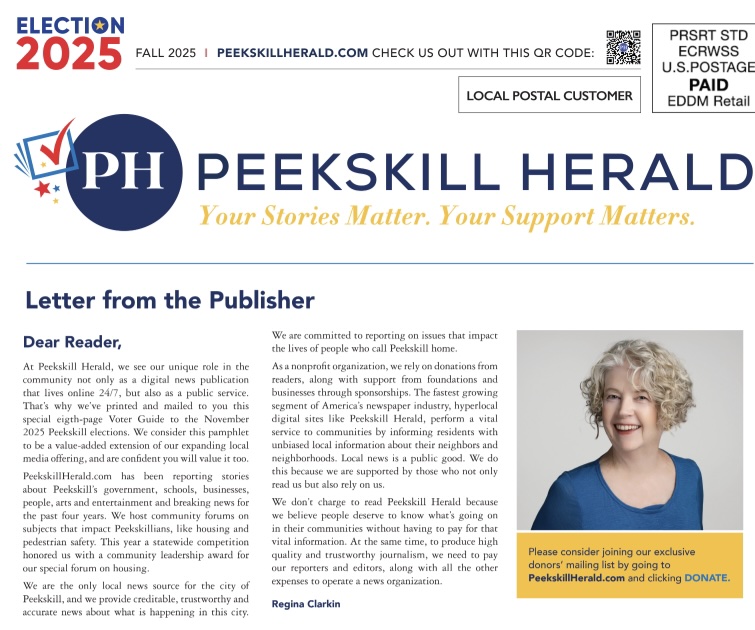
![Peekskill girls volleyball in action against Fox Lane on Oct. 16. (Peekskill City School District]](https://peekskillherald.com/wp-content/uploads/2025/10/Lead-photo-6-1200x640.jpg)
